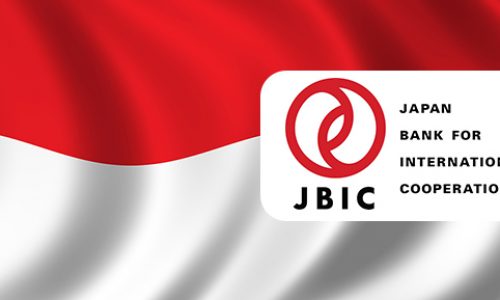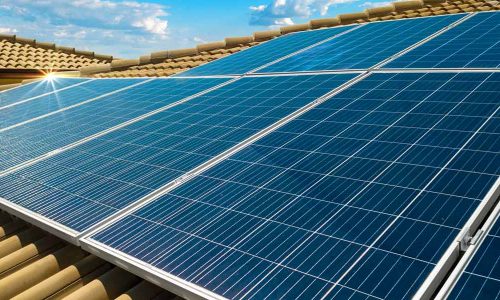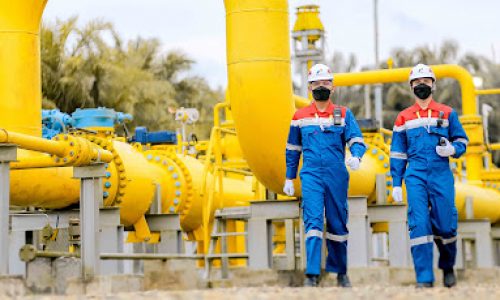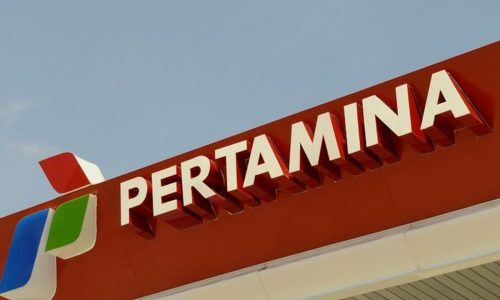Palm oil and wood products producer PT Dharma Satya Nusantara Tbk (DSNG) has allocated IDR 800 billion (US$ 53,152,800) Capital expenditure (Capex) in 2023 for the construction of two palm oil factories.
Established in 1980, Dharma Satya Nusantara engages in the timber industry, agri-industry and plantation industry. In 1983, the company established its first timber factory in Samarinda, East Kalimantan and exported its products to the Japanese market. By now, it has chosen a sustainable way growing green products such as palm oil and wood products for the global market.
Two new factories in Kalimantan
Dharma will use its Capex for the establishment of two new factories in West and North Kalimantan. Each factory would need an investment of IDR 120 billion, said DSN Director Jenti Widjaja, as quoted by Kontan.co.id on February 2, 2023. The company’s CPO (crude palm oil) production is targeted to increase by 10% compared to the 2022’s actual production.
The construction of both companies will start at Q2 2023, with each factory has the capacity of 30 tons per hour. The two respective factories will start operating by 2025. The operation of the new factories will add the company’s total palm oil factories to 15, with a total production reaching 705 tons per hour by the end of 2025.
“Our current production capacity is 675 tons per hour. With the additional two new factories, in 2025 we will have an additional production of around 60 tons more,” Widjaja said.
Widjaja added that the company would focus on improving production performance, both FFB (fresh fruit bunches) and CPO production.
“Throughout 2021 to semester I-2022, the largest area of our plantation in East Kalimantan suffered a sharp decline in production due to the El-Nino at the end of 2019. Since the third quarter of 2022, the conditions have gradually returned to normal and we will strive for optimal plantation performance,” she explained.
The rest of the Capex will be used for other purposes such as investing in the development of plant maintenance infrastructure.
Risks in palm oil industry
There are 3 important risks in the palm oil industry:
- Environmental degradation: Palm oil production can lead to deforestation, destruction of habitats – especially orangutan – and loss of biodiversity, as well as contribute to greenhouse gas emissions and climate change.
- Labor issues: The industry has faced criticism for poor labor conditions, including low wages, long working hours and exploitation of workers, particularly in the smallholder sector.
- Market risk: The palm oil industry is subject to market fluctuations, with prices can be affected by supply and demand dynamics, as well as global economic and political events. Additionally, changing consumer preferences and regulations can also impact the demand for palm oil.









